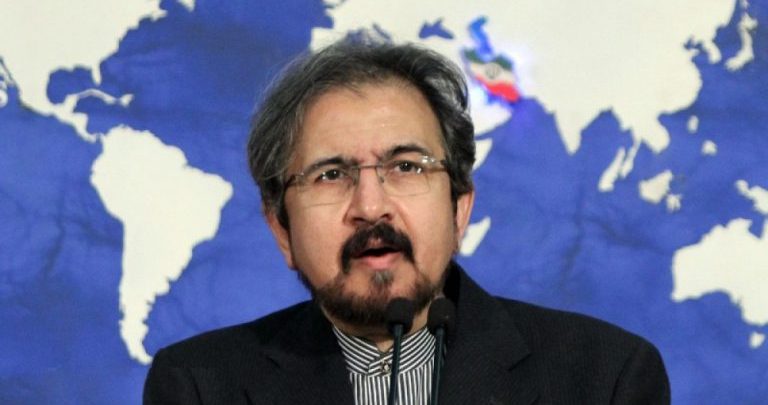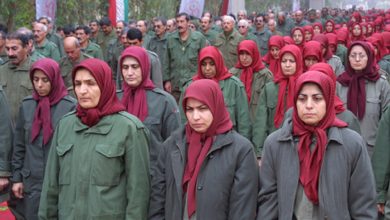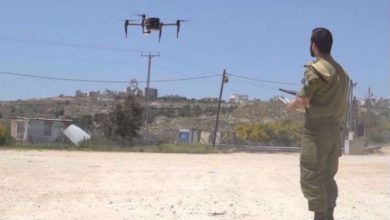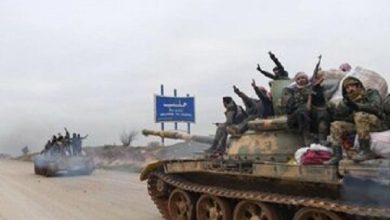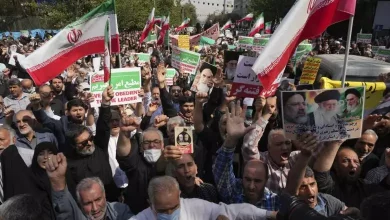Europe braces for ‘one of the worst winters in history’ amid looming recession: EU
The European Union is bracing for a recession in the wake of skyrocketing gas prices and soaring inflation, as the coming winter is likely to be "one of the worst in history," according to a top EU official.
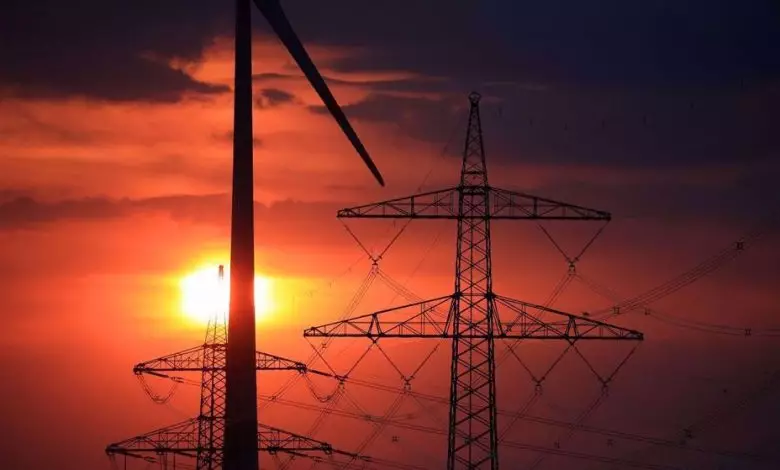
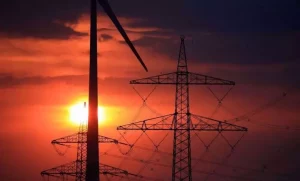
Paolo Gentiloni, the EU’s economics commissioner, in an interview with German newspaper Der Spiegel on Thursday, said the recession cannot be ruled out amid sharp cuts in Russian energy supplies.
“The current inflation will throw our economy into turmoil, and the coming winter could be one of the worst in history,” Gentiloni was quoted as saying.
“We are experiencing unprecedented uncertainty. But the figures for the EU economy as a whole are still positive, and the situation on the labor market is good.”
The senior EU official also hinted at the need for some EU counties to ration gas consumption.
“It depends on what decisions Russian President Vladimir Putin makes and how we ourselves behave. It is already necessary to save energy, although we see good progress in how gas storage facilities are being filled and energy is saved,” he noted.
Also on Thursday, European Central Bank (ECB) president Christine Lagarde said if gas prices continue to “skyrocket”, that would be “recessionary” for the European countries.
The “downside scenario” for 2023 foresees negative growth in the case of a “total shutdown of all Russian gas supply” and energy rationing in the eurozone, Lagarde said.
In the event of Russia cutting gas supplies to the EU completely, one of the scenarios being envisaged by the ECB is gas rationing across the whole euro area and a recession in 2023, she noted.
The ECB president also said the bank cannot control soaring energy prices.
“I cannot reduce the price of energy,” she said. “I cannot convince the big players of this world to reduce gas prices. I cannot reform the electricity market.”
Eurozone inflation is poised to be 9.1 percent in August, up from 8.9 percent in July, according to Eurostat data, as prices rise at the highest pace for half a century.
It comes after Russia announced an “indefinite” shutdown of its main gas pipeline, Nord Stream, to Europe that saw a daily flow of 170 million cubic meters of gas supply.
Russian President Vladimir Putin said on Wednesday that Gazprom could restart gas flows to Europe via the key Nord Stream 1 pipeline if sanctions were eased and Russia received the turbines it needs.
“Give us a turbine and we will turn on Nord Stream 1 tomorrow. But they don’t give us anything,” he said, echoing claims made by Gazprom that the shutdown of Nord Stream was a consequence of Germany’s failure to undertake repairs to the pipeline’s turbines.
The Nord Stream cutoff is likely to further exacerbate Europe’s energy crunch, which was triggered by Russia’s military operation in Ukraine, now into its seventh month.
Russia launched a military operation in Ukraine on February 24, following Kiev’s failure to implement the terms of the 2014 Minsk agreements and Moscow’s recognition of the breakaway regions of Donetsk and Luhansk.
At the time, Russian President Vladimir Putin said one of the goals of what he called a “special military operation” was to “de-Nazify” Ukraine.
The military operation saw the Western countries imposing unprecedented sanctions on Moscow, which also included the gradual phase-out of Russian oil.
The European Union has pledged to end its dependence on Russian energy sources, a decision that seems to be backfiring ahead of the cold winter.
